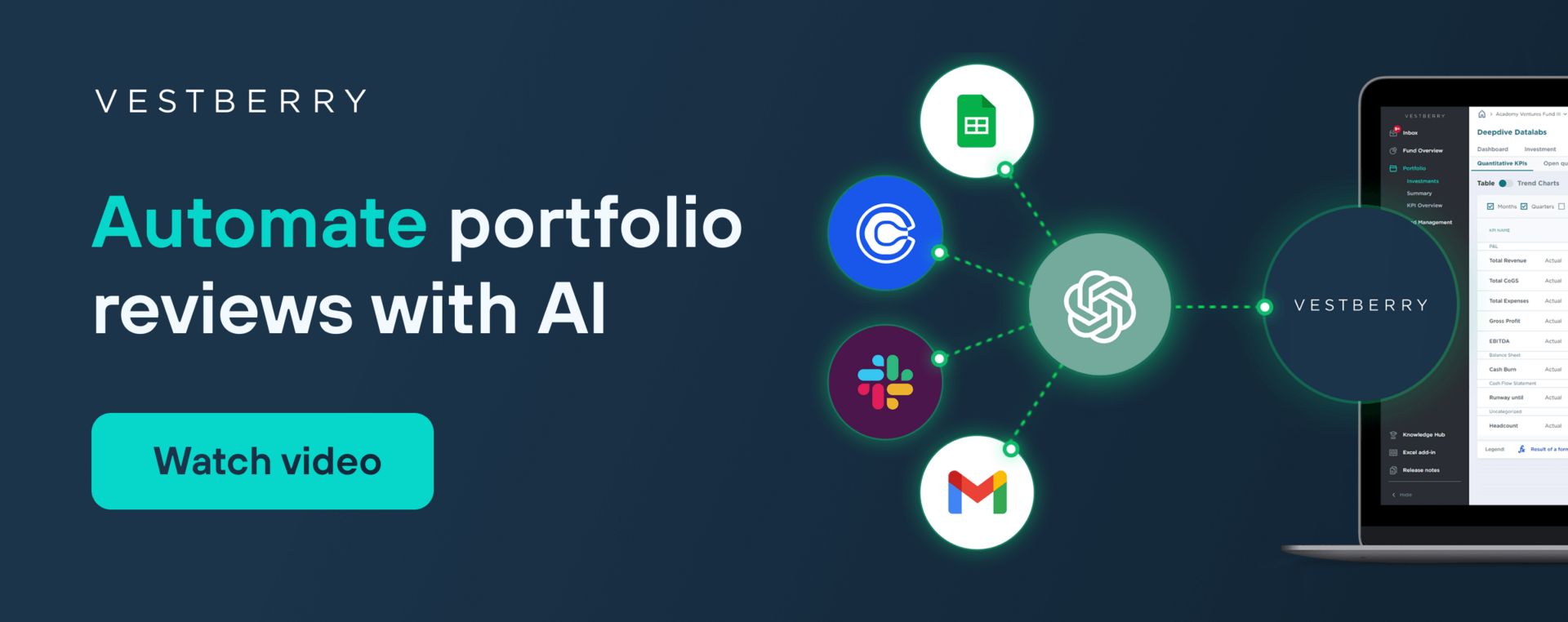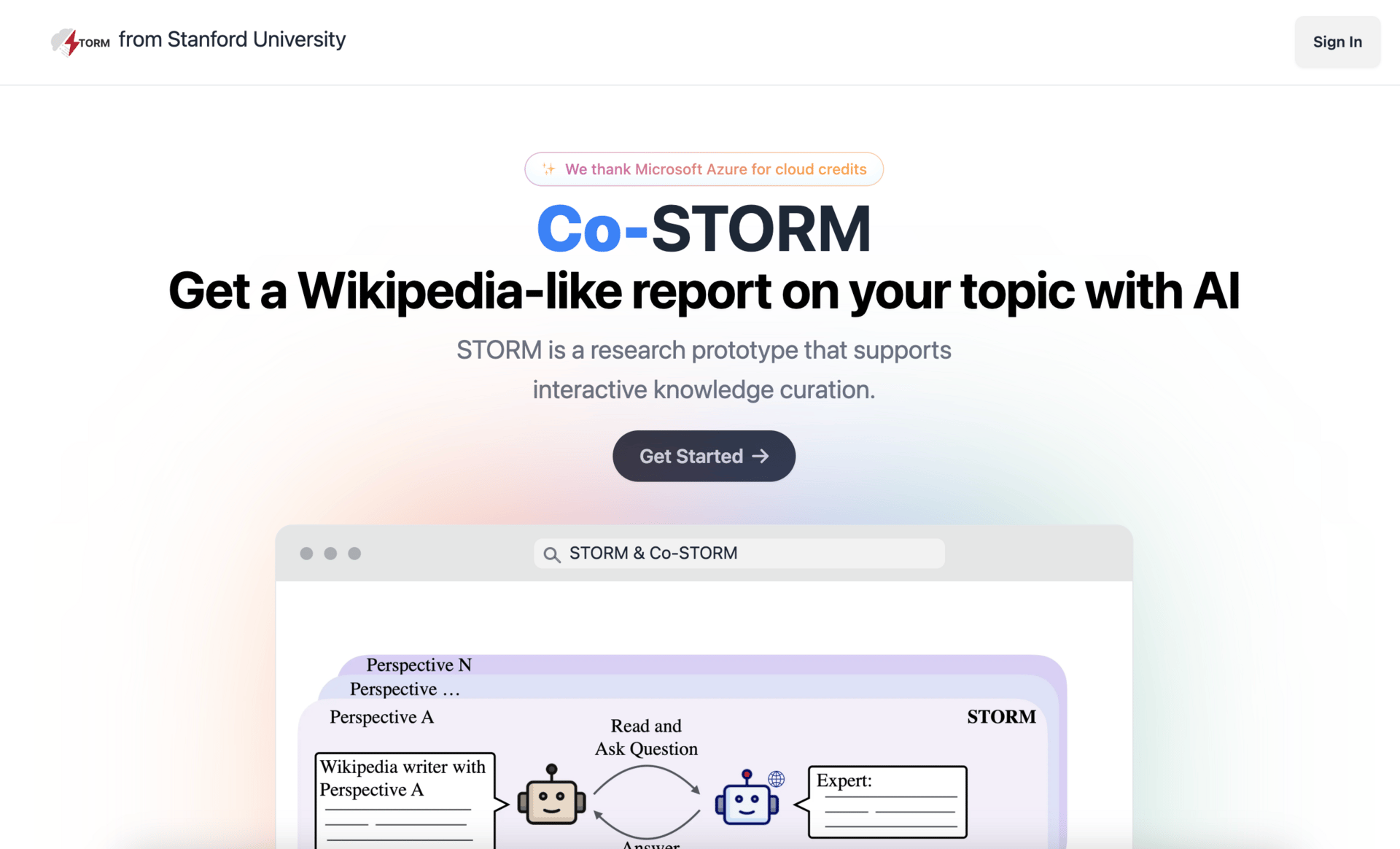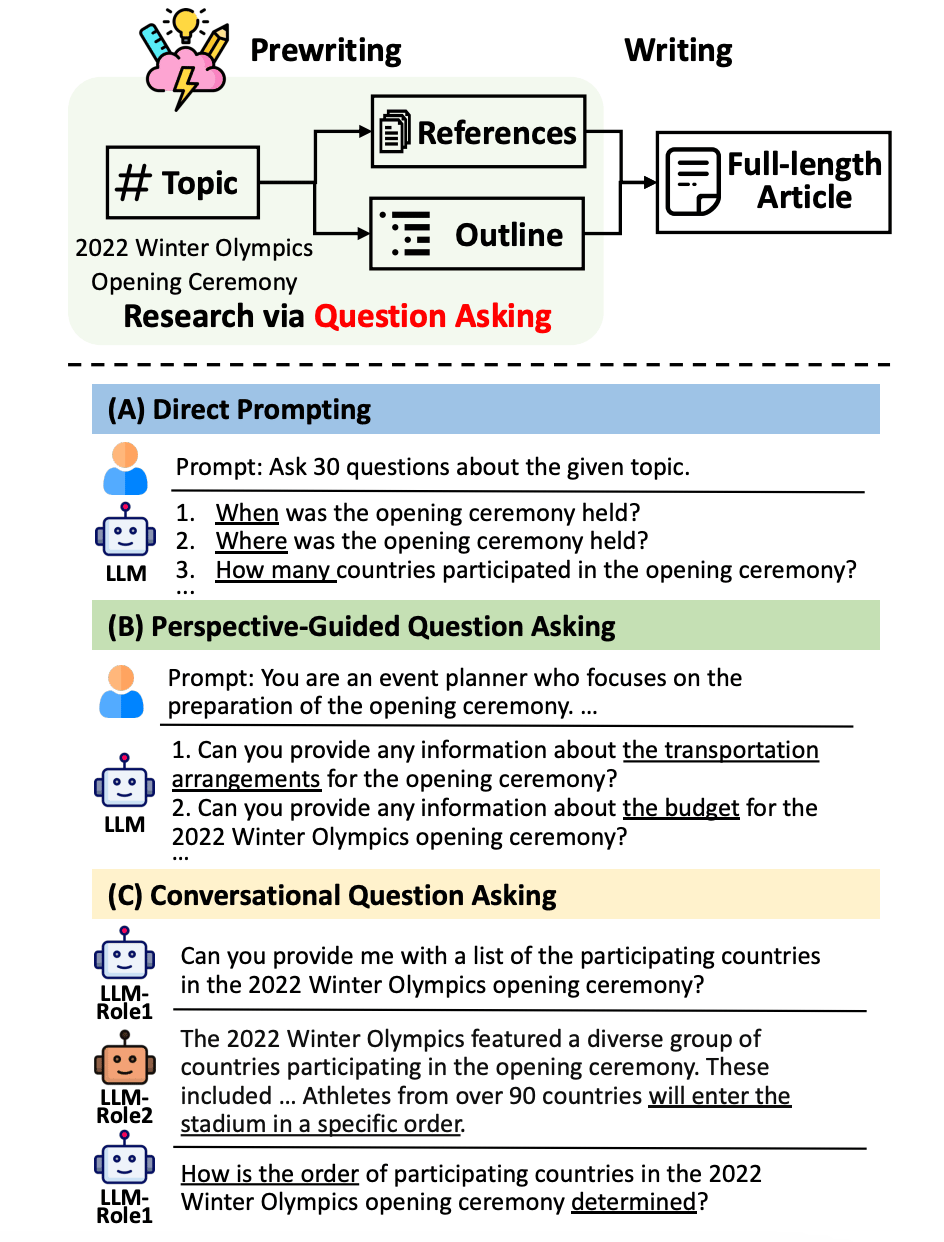👋 Hi, I’m Andre and welcome to my newsletter Data-Driven VC which is all about becoming a better investor with Data & AI. Join 30,765 thought leaders from VCs like a16z, Accel, Index, Sequoia, and more to understand how startup investing becomes more data-driven, why it matters, and what it means for you.
Brought to you by VESTBERRY - Portfolio Intelligence for Data-Driven VCs
Here's a quick tutorial for data-driven VCs on automating monthly portfolio performance reviews using ChatGPT, Vestberry, Slack, and Gmail via Make. Discover how to stay updated on your portfolio's performance and provide proactive support to portfolio companies—all powered by AI.
Happy New Year to you all 🥳
With recharged batteries and fresh minds, I’m excited to share my top holiday find with you! I’ve used it for hours and I’m convinced it will change a big chunk of my workflows in 2025 and beyond.
A researcher at heart, I’ve tested most AI-powered research and knowledge curation tools such as Perplexity, Consensus, ChatGPT, Claude, and many more. They’re good, but not great. Lack of traceability. Hallucination. Bad writing style. Expensive. No fine-tuning. The list goes on.
In today’s episode, I’ll share a snapshot of “STORM” with you, a research project and free alternative tool developed by Stanford University. I’ll share an example of how I use it and how it compares to my own manual research. Spoiler: STORM is next level!
What is STORM?
STORM is a research project by Stanford University and means “Synthesis of Topic Outlines through Retrieval and Multi-perspective Question Asking”. It’s a LLM system that researches and writes Wikipedia-like articles from scratch based on Internet search.
STORM models the pre-writing stage by (1) discovering diverse perspectives in researching the given topic, (2) simulating conversations where writers carrying different perspectives pose questions to a topic expert grounded on trusted Internet sources, (3) curating the collected information to create an outline.
Sign-up flow and terms to be aware of
Subscribe to our premium content to read the rest.
Become a paying subscriber to get access to this post and other resources from the exclusive Data Driven VC community.
UpgradeA subscription gets you:
- Lists of 312 Family Offices + 59 Pension funds + 1513 angels
- Annual ticket for the virtual DDVC Summit
- Access our archive of 300+ articles
- 1 new premium article per week
- Virtual & physical meetups
- Masterclasses & videos
- Access to AI Copilots
- Prompt Database
- ... and lots more




